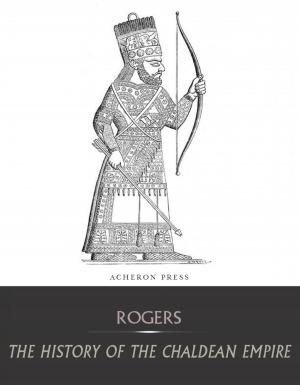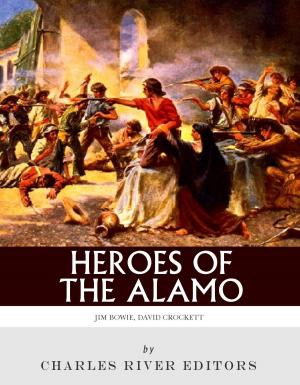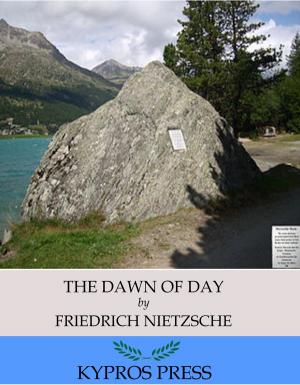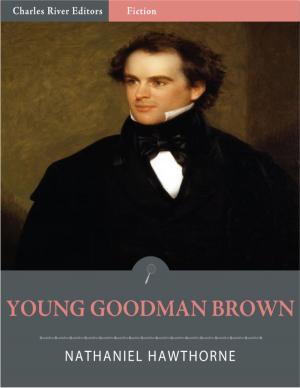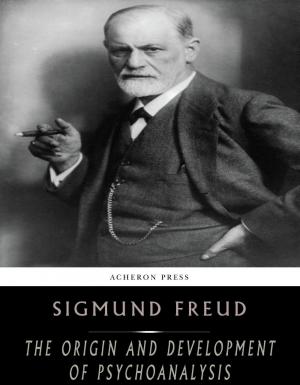Fragments of the Lost Writing of Irenaeus
Nonfiction, Religion & Spirituality, Christianity, Church, Church History| Author: | Irenaeus | ISBN: | 9781475306125 |
| Publisher: | Charles River Editors | Publication: | April 21, 2012 |
| Imprint: | Language: | English |
| Author: | Irenaeus |
| ISBN: | 9781475306125 |
| Publisher: | Charles River Editors |
| Publication: | April 21, 2012 |
| Imprint: | |
| Language: | English |
Saint Irenaeus (? 202 A.D.) was Bishop of Lugdunum (now Lyons) in Gaul, then a part of the Roman Empire. Irenaeus is recognized as a saint by the Eastern Orthodox Church, and the Roman Catholic Church. His feast day is on June 28 in the Roman Catholic calendar of saints, where it was inserted for the first time in 1920; in 1960 it was transferred to July 3, leaving June 28 for the Vigil of the Feast of Saints Peter and Paul, but in 1969 it was returned to June 28, the day of his birth to heaven. He was an early church father and apologist, and his writings were formative in the early development of Christian theology. Unlike many of his contemporaries, he was brought up in a Christian family rather than converting as an adult. The central point of Irenaeus' theology is the unity and the goodness of God, in opposition to the Gnostics' division of God into a number of divine "Aeons", and their distinction between the utterly transcendent "High God" and the inferior "Demiurge" who created the world. Irenaeus uses the Logos theology he inherited from Justin Martyr. Irenaeus was a student of Polycarp, who was said to have been tutored by John the Apostle. (John had used Logos terminology in the Gospel of John and the letter of 1 John). Irenaeus prefers to speak of the Son and the Spirit as the "hands of God".
Saint Irenaeus (? 202 A.D.) was Bishop of Lugdunum (now Lyons) in Gaul, then a part of the Roman Empire. Irenaeus is recognized as a saint by the Eastern Orthodox Church, and the Roman Catholic Church. His feast day is on June 28 in the Roman Catholic calendar of saints, where it was inserted for the first time in 1920; in 1960 it was transferred to July 3, leaving June 28 for the Vigil of the Feast of Saints Peter and Paul, but in 1969 it was returned to June 28, the day of his birth to heaven. He was an early church father and apologist, and his writings were formative in the early development of Christian theology. Unlike many of his contemporaries, he was brought up in a Christian family rather than converting as an adult. The central point of Irenaeus' theology is the unity and the goodness of God, in opposition to the Gnostics' division of God into a number of divine "Aeons", and their distinction between the utterly transcendent "High God" and the inferior "Demiurge" who created the world. Irenaeus uses the Logos theology he inherited from Justin Martyr. Irenaeus was a student of Polycarp, who was said to have been tutored by John the Apostle. (John had used Logos terminology in the Gospel of John and the letter of 1 John). Irenaeus prefers to speak of the Son and the Spirit as the "hands of God".



